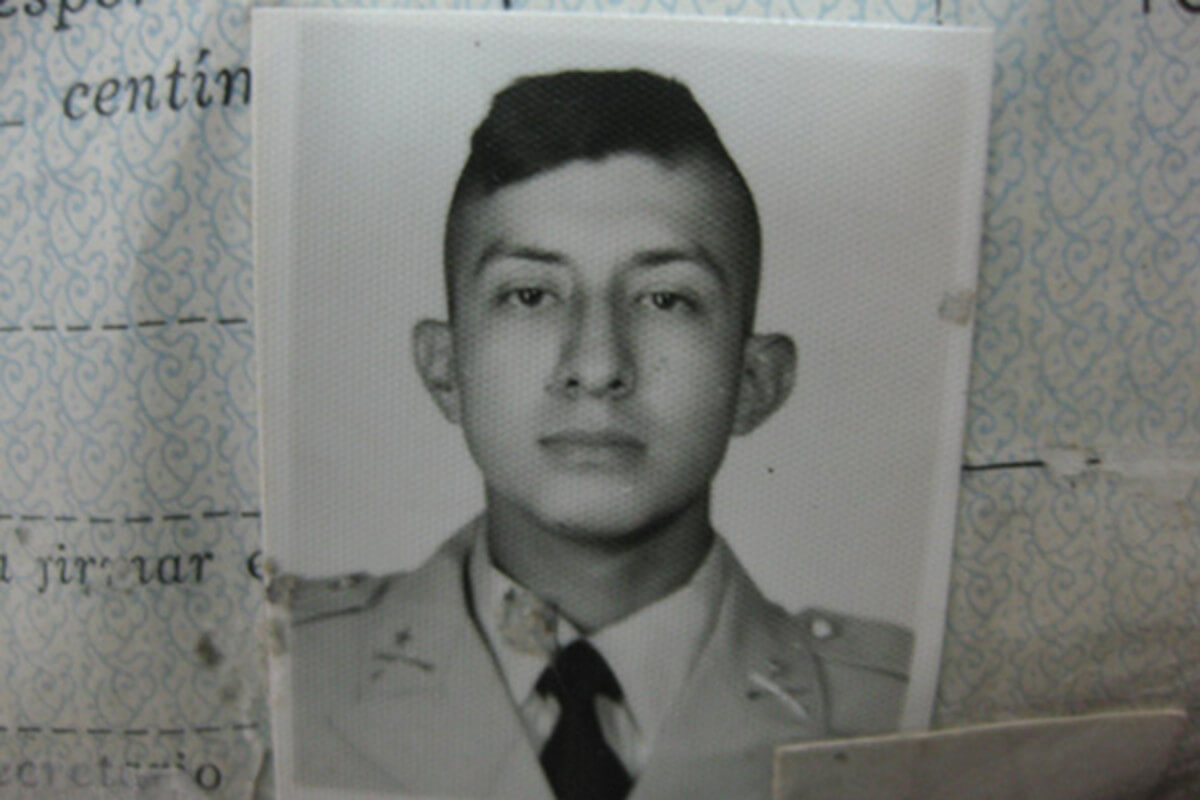Alleged Massacre Perpetrator Lives Freely in Canada: Canadian Government Called to Act
- News
- Press releases
16 June 2021

Lawyers Without Borders Canada (LWBC), in collaboration with the Canadian Partnership for International Justice (CPIJ), calls on the Canadian government to respect its obligation to prosecute crimes against humanity and war crimes, particularly in the case of Jorge Vinicio Sosa Orantes, who is suspected of having participated in a massacre in Guatemala in 1982.
Mr. Sosa Orantes, a former second lieutenant in the Guatemalan army, has been living peacefully in Canada for several months. Forty years ago, the special unit to which he belonged beat, tortured and savagely murdered more than 200 people – including children – wiping out almost the entire civilian population of the Guatemalan village of Las Dos Erres.
Under the principle of universal jurisdiction, the Crimes Against Humanity and War Crimes Act gives the Canadian government the power to initiate criminal proceedings against Mr. Sosa Orantes. Universal jurisdiction can be used for the most serious crimes committed in another country, such as the Las Dos Erres massacre. The person suspected of the crime must be present in Canada.
One of the only two survivors of the Las Dos Erres massacre, Ramiro Osorio Cristales, now lives in Canada. Mr. Cristales fled his country a little more than twenty years ago, after having lived through hell at the hands of one of the soldiers responsible for the massacre. He has been seeking justice ever since.
“Knowing one of these soldiers can pass in front of my house brings me back to 1982, to the day when my village was plunged into darkness. Among all the people, only two lights haven’t been snuffed out. I’m one of them. Seeking justice is my duty. I’m the voice of the people who died and I’m asking the Canadian government to join me and Lawyers Without Borders Canada in this quest by prosecuting the case of Jorge Vinicio Sosa Orantes. “
Ramiro Osorio Cristales, survivor of the massacre of Las Dos Erres
Since 2017, Mr. Sosa Orantes has been facing proceedings initiated by the Canadian government in Federal Court to revoke his Canadian citizenship. However, by limiting itself to this procedure, Canada is forgetting the most important thing, which is Mr. Sosa Orantes’ alleged responsibility in the perpetration of the massacre of Las Dos Erres, risking that justice will never be served.
“The case of Mr. Sosa Orantes is an opportunity for Canada to demonstrate its commitment to fighting impunity for war crimes and crimes against humanity, and to demonstrate its solidarity with the victims of these crimes and their families. Canada has the tools and resources to assert its leadership and take concrete action for justice and human rights at the international level. By not seizing the opportunity to prosecute war criminals, Canada is allowing them to live a peaceful new life without having to answer for their actions. This should no longer be an option.”
Pascal Paradis, LWBC Executive Director
Canada’s War Crimes Program: A Mirage in the Fight against Impunity
Even though Canada has the power to fight impunity, it has not demonstrated a real willingness to act. By continuing to rely solely on citizenship and immigration procedures, Canada is not fulfilling its obligations under international law to fight impunity for war crimes and crimes against humanity.
“Canada has the legal and financial means, and the relevant evidence, to prosecute Mr. Sosa Orantes here. Unfortunately, as in several hundred other cases since 1998, Canada is taking the easy way out and is ignoring its international responsibilities. Under the current system for fighting against impunity for international crimes, States bear the responsibility of trying war criminals. If he is not prosecuted here for his participation in this massacre, justice will not be served anywhere, to the detriment of the fundamental rights of victims and the rule of law.”
Fannie Lafontaine, CPIJ Executive Director
Although Canada’s War Crimes Program is active, its budget has seen almost no increase since its launch in 1998. There is a lack of transparency in how the funds are used.. No annual activity report has been made public for the past six years. Even today, the criteria that guide the discretionary power to prosecute remain unclear.
In more than 20 years, only two criminal prosecutions have been conducted under the Crimes against Humanity and War Crimes Act. Several other countries are doing much better.